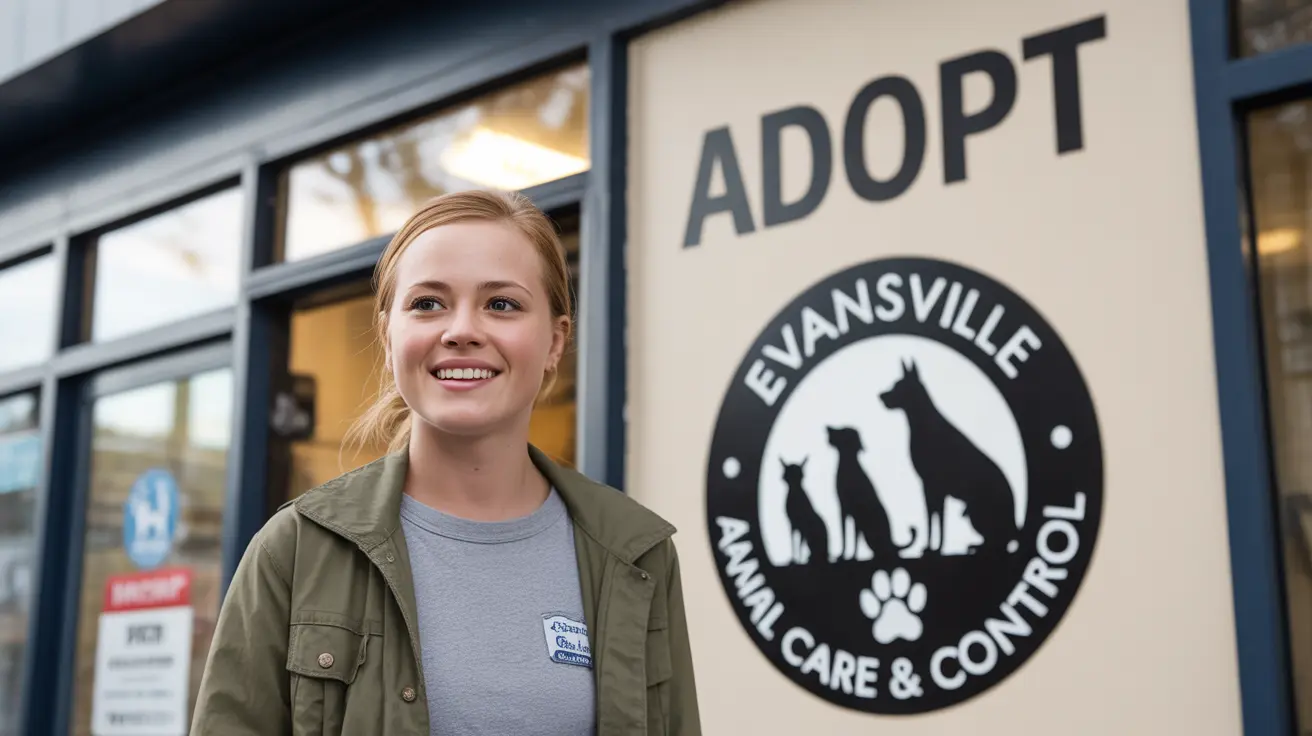The Evansville Animal Care and Control Center recently experienced a concerning security breach when a dog was stolen from their facility. Despite this incident, shelter officials have confirmed that all staff members and remaining animals are safe, and the facility plans to resume normal operations on Monday. This event highlights the ongoing challenges that animal shelters face in maintaining secure environments while providing accessible adoption services to the community.
The theft at the Evansville Animal Care and Control facility serves as a stark reminder of the importance of robust security measures at animal shelters nationwide. While the specific details of how the theft occurred have not been disclosed, the incident underscores the need for enhanced protection protocols to safeguard vulnerable animals awaiting adoption or reclamation by their owners.
Animal Shelter Security Challenges
Animal shelters across the country face unique security challenges that differ significantly from other facilities. Unlike traditional businesses, shelters must balance public access for legitimate adoptions with the need to protect animals from unauthorized removal. The theft at the Evansville facility demonstrates how these institutions remain vulnerable despite their best efforts to maintain safe environments.
Modern animal shelters typically implement multiple layers of security, including surveillance systems, controlled access points, and staff monitoring protocols. However, determined individuals may still find ways to breach these defenses, particularly during busy periods when multiple visitors are present for adoptions or volunteer activities.
Pet Adoption Process and Safety Measures
The pet adoption process at facilities like Evansville Animal Care and Control typically involves several important steps designed to ensure animals go to appropriate homes. Prospective adopters usually must complete application forms, provide identification, and sometimes undergo background checks or home visits. These procedures not only help match pets with suitable families but also create documentation trails that can deter theft attempts.
Most reputable shelters also require adoption fees, which serve multiple purposes beyond covering operational costs. These fees help ensure that adopters are financially prepared for pet ownership and create additional barriers against impulse decisions or potential theft disguised as legitimate adoption.
Shelter Animal Safety Protocols
Animal shelters implement various safety protocols to protect their residents. These typically include secure housing areas, visitor supervision, and detailed record-keeping systems that track each animal's location and status. Many facilities also utilize pet microchipping requirements as part of their adoption process, creating permanent identification that can help recover stolen animals.
The spay and neuter requirements common at animal shelters also serve security purposes, as they reduce the likelihood that stolen animals will be used for breeding operations. These medical procedures are typically performed before adoption or as part of the adoption agreement.
Community Impact and Recovery
When incidents like the dog theft at Evansville Animal Care and Control occur, they affect not only the immediate victims but the entire community's trust in these vital institutions. Animal shelters depend on public support and confidence to operate effectively, making security breaches particularly damaging to their mission.
The planned reopening on Monday suggests that shelter administrators have taken swift action to address any security vulnerabilities and ensure the safety of remaining animals. This quick response demonstrates the facility's commitment to maintaining public trust while continuing to serve homeless animals in the Evansville area.
Prevention and Best Practices
Animal shelter theft prevention requires a comprehensive approach that includes physical security measures, staff training, and community awareness. Shelters often benefit from installing modern surveillance systems, implementing visitor check-in procedures, and training staff to recognize suspicious behavior patterns.
Regular security assessments and updates to protocols can help facilities stay ahead of potential threats while maintaining the welcoming atmosphere necessary for successful adoption programs.
Frequently Asked Questions
How does the Evansville Animal Care and Control Center ensure the safety and security of its animals after a theft incident?
While specific security measures aren't publicly detailed for obvious reasons, animal shelters typically respond to theft incidents by reviewing and upgrading surveillance systems, access controls, and staff protocols. The planned Monday reopening suggests comprehensive security assessments have been completed.
What are the adoption requirements and fees at the Evansville Animal Care and Control Center?
Most municipal animal shelters require potential adopters to complete applications, provide identification, and pay adoption fees that typically cover spaying/neutering, vaccinations, and microchipping. Specific requirements and current fee structures should be confirmed directly with the facility.
What security measures are recommended for animal shelters to prevent theft and unauthorized access?
Effective shelter security typically includes controlled access points, visitor supervision, surveillance systems, secure housing areas, detailed record-keeping, and staff training on recognizing suspicious behavior. Many facilities also implement visitor check-in procedures and maintain clear sight lines throughout public areas.
The incident at Evansville Animal Care and Control serves as an important reminder that protecting shelter animals requires ongoing vigilance and community support. As the facility prepares to reopen, their commitment to animal safety while maintaining public access demonstrates the delicate balance these essential institutions must maintain in serving both animals and their community.






